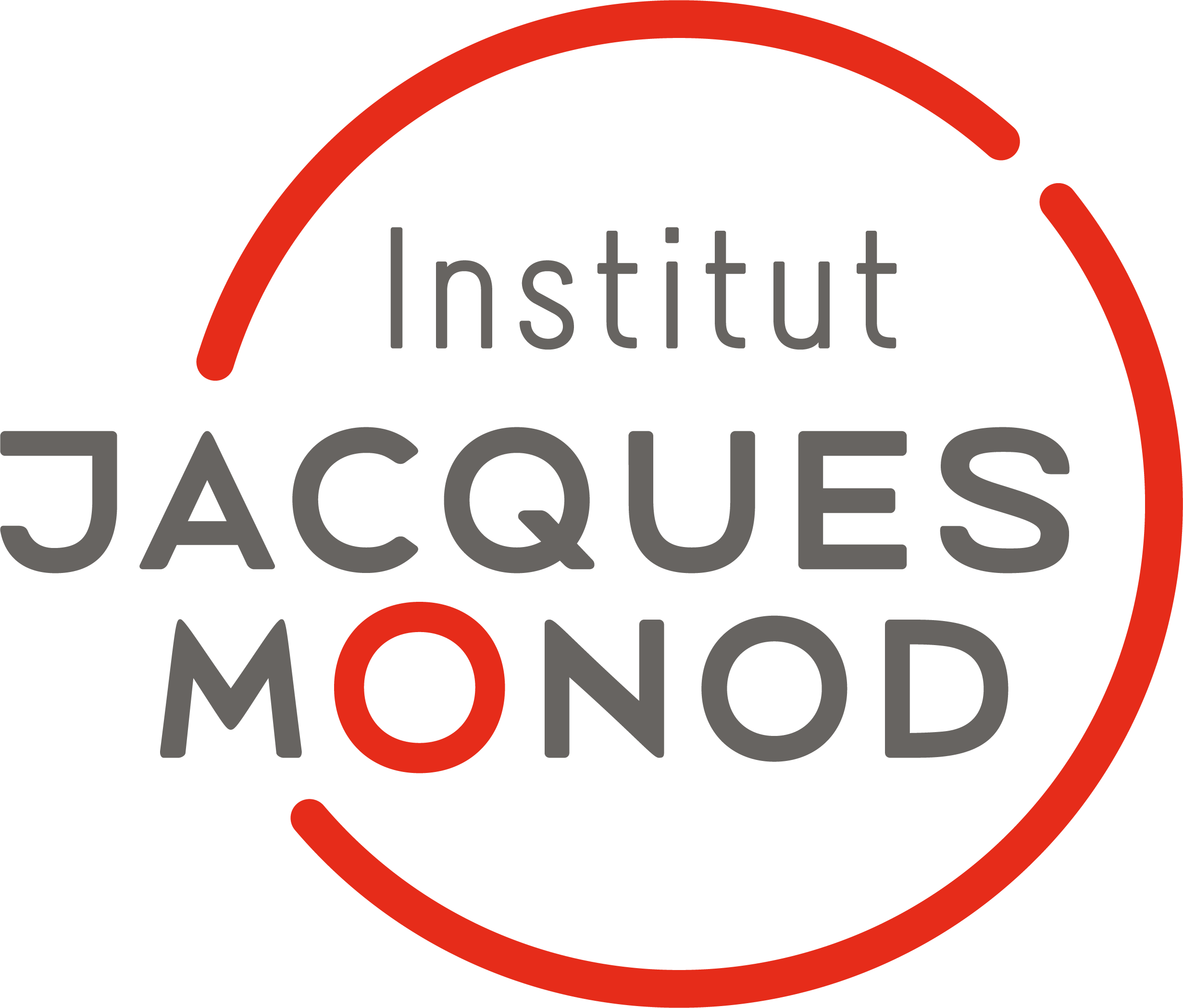Conseil scientifique consultatif
Composé de huit experts internationaux, le Conseil scientifique consultatif est consulté sur la stratégie scientifique de l’Institut Jacques Monod et assiste notamment la direction dans la préparation du contrat quinquennal et du rapport HCERES de l’Institut, et dans l’évaluation des candidatures aux appels à group leaders.
PRESIDENT
 Philippe Pasero, Institut de Génétique Humaine (IGH) – Montpellier
Philippe Pasero, Institut de Génétique Humaine (IGH) – Montpellier
Philippe Pasero is director of the Institute of Human Genetics (IGH), Principal Investigator (DR1 Inserm) and is leading the team “Maintenance of genome integrity during DNA replication”. His team is interested in the molecular basis of tumorigenesis and the role of replicative stress in this process. His team is studying the causes of replication defects and their consequences for genome stability.
MEMBRES
 Yves Barral, ETH – Zurich
Yves Barral, ETH – Zurich
Yves Barral obtained his Ph.D. in 1994 from the Pierre und Marie Curie University in Paris. He then went on to work as a postdoctoral fellow and postdoctoral associate in the Department of Biology, Yale University (New Haven, USA) up until July 1999, focussing on the regulation of cellular morphogenese during cell division. At the ETH Prof. Barral will continue working on the coordination of the cytoskeleton and the cell cycle in yeast. He will also develop new genetic techniques to address related issues in the multicellular Nematode C.elegans.
 Buzz Baum, University College London (UCL) – London
Buzz Baum, University College London (UCL) – London
Buzz Baum studied Biochemistry at St Catherine’s College, Oxford. He did his PhD (1993-1997) with Paul Nurse at Cancer Research UK, UCL. From 1997-2001, he joined Norbert Perrimon at Harvard Medical School. In 2001, he was awarded a Royal Society URF at UCL and he was appointed as a group leader at UCL’s MRC Laboratory for Molecular Cell Biology in 2007. He was appointed Professor of Cell Biology in 2011. Since 2018, he has also been the director of the Institute for the Physics of Living Systems (IPLS).
Anne Ephrussi, The European Molecular Biology Laboratory (EMBL) – Heidelberg
Anne Ephrussi is director of EICAT, Head of developmental Biology Unit. Her unit dissects the mechanisms underlying intracellular RNA transport and localised translation – fundamental processes mediating the functional polarisation of cells during development and in the nervous system.
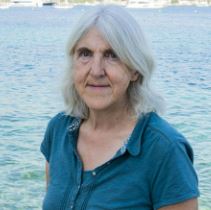 Evelyn Houliston, Laboratoire de Biologie du Développement de Villefranche-sur-mer (LBDV)
Evelyn Houliston, Laboratoire de Biologie du Développement de Villefranche-sur-mer (LBDV)
Evelyn Houliston est responsable de l’équipe “Mécanismes développementaux des cnidaires” , qui analyse les mécanismes de divers processus développementaux chez les cnidaires, en se servant principalement des méduses Clytia hemisphaerica (hydrozoaire) et Pelagia noctiluca (scyphozoaire)
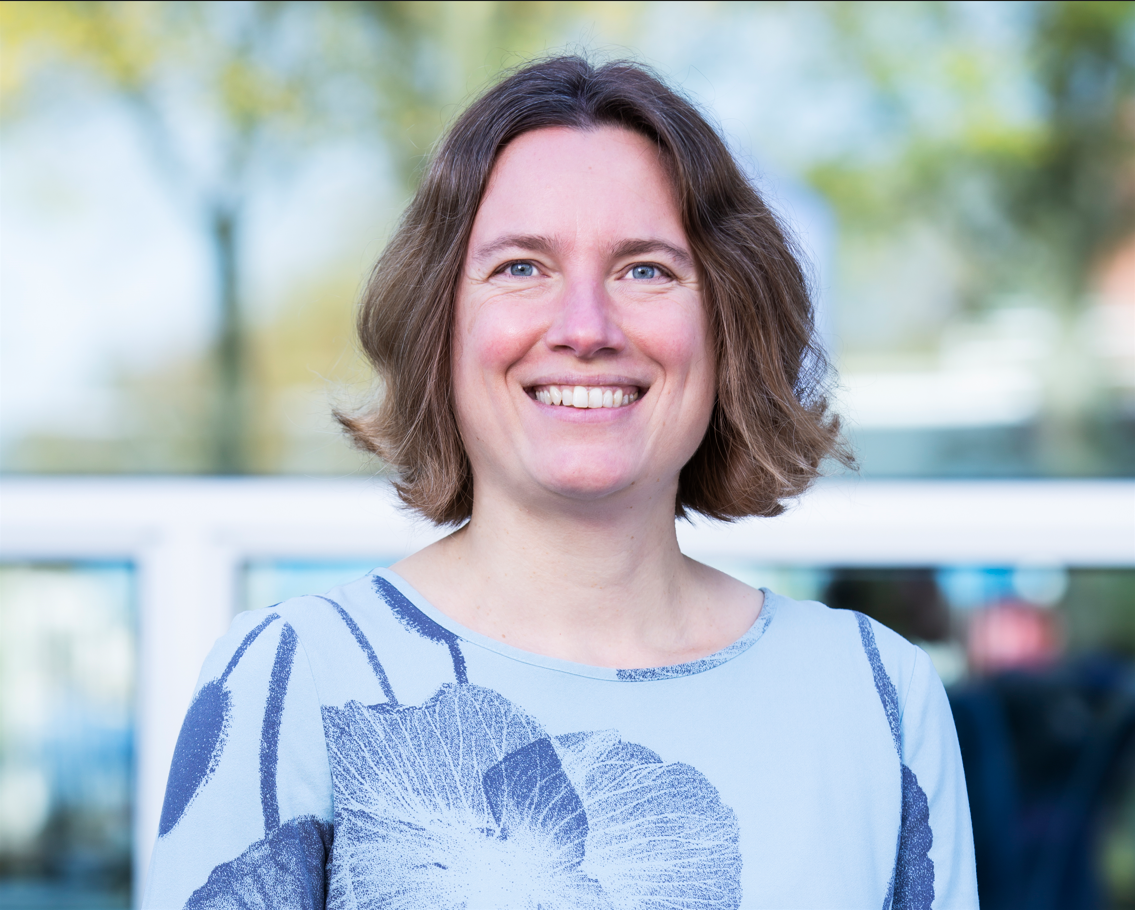 Gijsje Koenderink, Bionanoscience Department, TU Delft
Gijsje Koenderink, Bionanoscience Department, TU Delft
Prof. Dr. Gijsje Koenderink is full professor of cell biophysics at TU Delft where she heads an experimental research group aiming to understand the physical mechanisms that enable cells and tissues to combine mechanical strength with the ability to actively generate forces and change shape. Her team combines concepts and methods from soft matter physics, biophysics, synthetic biology, and mechanobiology. Her research also extends to biomedical implications of abnormal cell/tissue mechanics for cancer metastasis, fibrosis, and thrombosis.
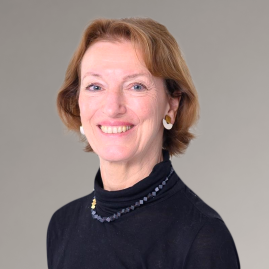 Maria Leptin, The European Molecular Biology Laboratory (EMBL) – Heidelberg
Maria Leptin, The European Molecular Biology Laboratory (EMBL) – Heidelberg
Prof. Maria Leptin has been the President of the European Research Council (ERC) since November 2021 and chairs the ERC’s governing body, the ERC Scientific Council. She is a biologist best known for her work on the mechanisms that allow a developing embryo to take on its correct shape. Before her appointment as ERC President, Maria Leptin was the Director of the European Molecular Biology Organisation (EMBO) in Heidelberg, and a research group leader at the European Molecular Biology Laboratory.
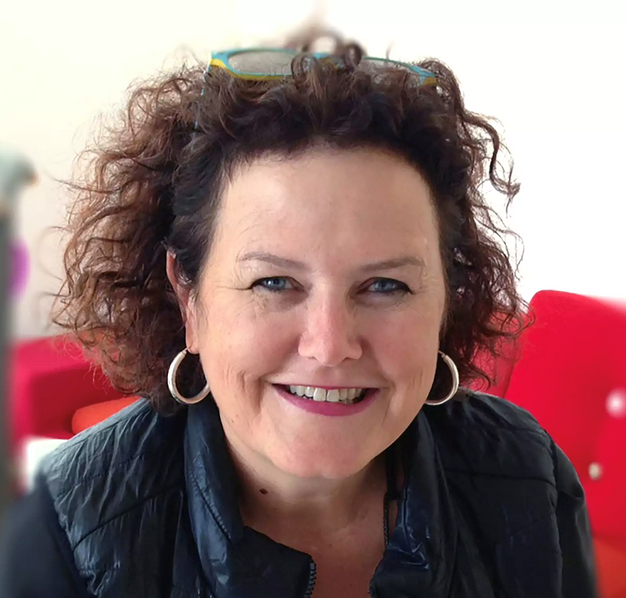 Erin Schuman, MPI for Brain Research, Frankfurt am Main, DE
Erin Schuman, MPI for Brain Research, Frankfurt am Main, DE
Erin Schuman lab’s long-standing research interest is the study of cellular mechanisms and neural circuits that underlie information processing and storage. The lab focuses on the molecular and cell biological processes that control protein synthesis and degradation in neurons and their synapses. The complex morphology of neurons, with most synapses located hundreds of microns from the cell body, presents a logistical challenge for the establishment, maintenance and modification of local synaptic proteomes. Neurons have solved this problem by localizing important cell biological machines, including ribosomes and proteasomes, within dendrites and axons.
 François Schweisguth, Institut Pasteur – Paris
François Schweisguth, Institut Pasteur – Paris
Francois Schweisguth is the Director of the CNRS UMR3738 (since 2011), the head of the BDCS Dept (since 2016), a co-coordinator the Labex REVIVE (since 2011) and a co-director of a Pasteur/REVIVE course on Stem Cell Biology (since 2013). His research focuses on the cell biology of Notch, the role of self-organization in the formation of developmental patterns, the control of cell fate and the regulation of epithelial morphogenesis using Drosophila as a model system.
Giorgio Scita, IFOM – Milano
Giorgio Scita is head of the Mechanisms of Tumor Cell Migration research unit at IFOM (the FIRC Institute of Molecular Oncology) in Milan, Italy. His research focuses on membrane and actin dynamics during cell migration and invasion, in particular during carcinogenesis. He has pioneered a mechano-biological approach to understanding cell dynamics in epithelial monolayers and in developing tumors, notably comparing these changes in cell behavior to a phase transition between solid-like” and “fluid-like” states. Dr Scita also discovered the fundamental connection between tumor cell mobility and endocytosis. He has been a group leader at IFOM since 2001, and was elected an EMBO member in 2014. He is also Full Professor of General Pathology at the Department of Oncology and Hemato-oncology, at the University of Milan.
Bertrand Séraphin, Institut de génétique et de biologie moléculaire et cellulaire (IGBMC) – Strasbourg
Bertrand Séraphin is CNRS Research Director at the IGBMC. He has received numerous national and international awards, including a nomination for ‘European Inventor of the Year’ from the European Patent Office in 2008, the CNRS Silver Medal in 2007, and the Pierce Prize from the International Society for Molecular Recognition in 2005. He was elected a member of EMBO in 2000. He also received the Émilia Valori prize from the Académie des Sciences in 2014.

